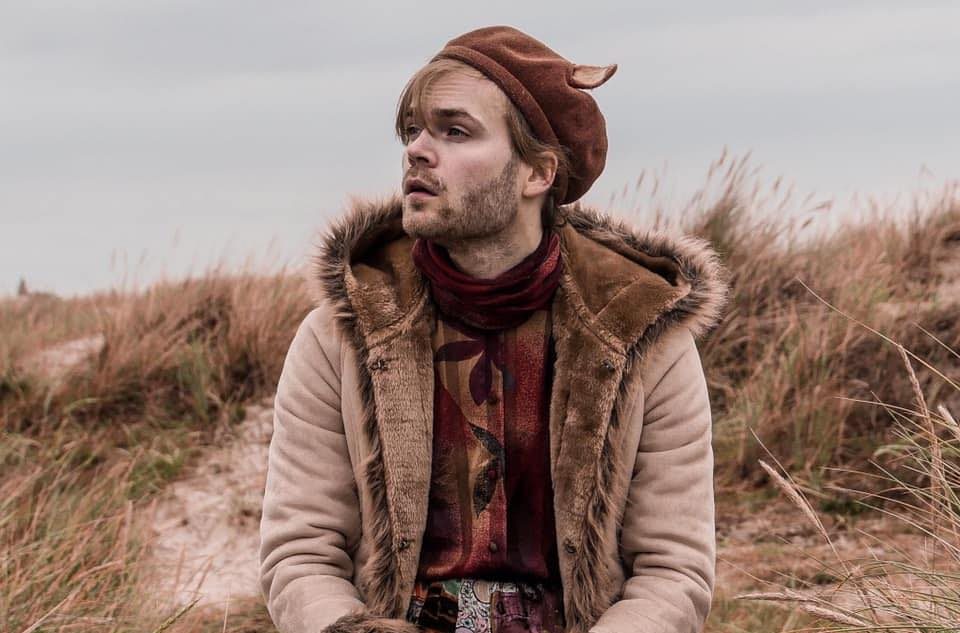DO YOU remember the first time you heard The Sugarcubes, Sigur Rós? How music seemed to have subtly recombined in weird and exciting new ways that spoke of another direction?
Maybe, like me, you’ll have the that same kinda bright-rush when you hear the music put together by Sturle Dagsland.
He’s just released a track entitled “Harajuku”: have a listen. You’ll find a lot of the utterly beaming-in-from-offworld Nordic texturing you get from the above; vocal acrobatics a la Björk or Jónsi, a little of that supporting pranksterism of Einar; but also other disparate vistas such as folk metal, Afro textures, the Future Sound of London even.
Sturle hails from the south-western Norwegian city of Stavanger, where he’s making music in consort with his brother Sjur for eight years now, looking for a new music; to do this, they employ a vast assemblage of different instruments.
His debut album, due in February, features everything from a guzheng (a Chinese plucked instrument) to a mbira (Zimbabwean finger harp), a custom-made Norwegian billy goat horn, an Armenian duduk (a double-reed woodwind instrument as used on “Harajuku”), kalimba, even a nyckelharpa (a Swedish fiddle used on the track of the same name).
And then you have Sturle’s voice: intense and uncompromising, seeking to ever further burrow into emotions, seeming to vent discarnate souls, veering towards glossolalia.
Sturle the band, which can be up to a quintet on occasion, has performed at SXSW, shared a stage with Big Thief – and also at Brighton sex parties.
The album was recorded across various locations, using a psychogeographical approach to its themes and sounds: abandoned industrial estates in Russia, Soviet Navy ships in Eastern Europe, a remote lighthouse in the North Sea and Norwegian mountaintops.
“Making music is a flexible multifaceted formula, and the way you cook it, and what ingredients you put in, can differ from song to song,” says Sturle.
“We are trying to be in a constant process of creating music, rather than waiting to absorb inspiration from somewhere else, but inspiration may come from anywhere: from music, nature, dreams, art, life, and the subconscious.”
Like The Sugarcubes especially, it’s simultaneously pop and wholly avant-garde; the album should be something to look forward to bending our heads around come February 5th.
Follow Sturle Dagsland on Facebook, Twitter and Instagram.














No Comment